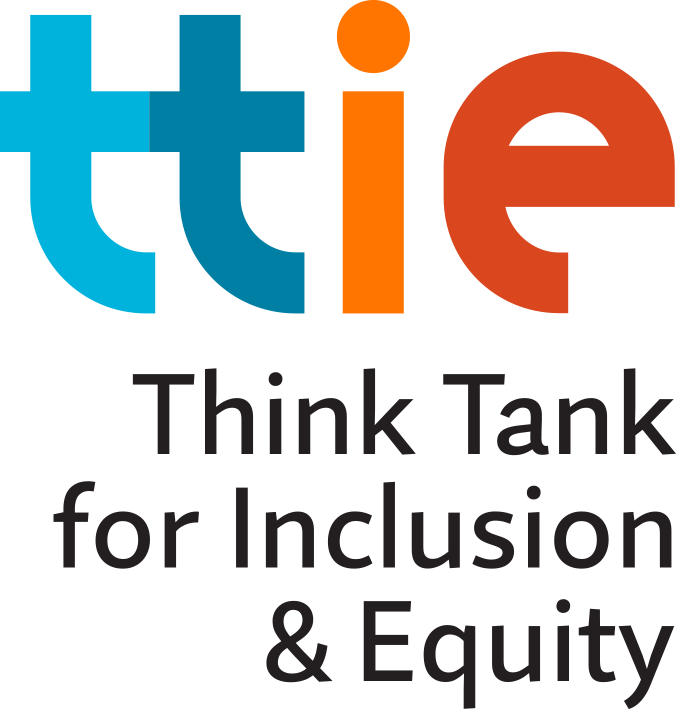The stories and characters TV writers create impact popular culture narratives, entertain audiences, and change minds.
As professional TV writers, we understand the immense power we wield with our narratives. The stories and characters we create impact popular culture narratives, entertain audiences, and change minds. That is why we’ve partnered with social justice researchers and organizations to produce #WriteInclusion Factsheets: Tips for Authentic Representation. Our highly vetted and research driven one-pagers help storytellers craft non-stereotypical representations about historically excluded characters and stories, and are designed as a tool to guide storytellers away from harmful stereotypes and call in more inclusive, authentic narratives.
This work transforms the expertise of community leaders and researchers – such as Storyline Partners, ACLU, the Geena Davis Institute, GLAAD, and more – into easily accessible guidance for storytellers.
While factsheets could never capture every experience, nuance, or truth of every community, they can assist in changing the way we tell stories in entertainment. Consider them the starting point of the conversation.
Additional factsheets will be released on a rolling basis.
WANT TO LEARN MORE?
A 2020 Roddenberry Foundation grant awardee, this project encompasses numerous HISTORICALLY EXCLUDED communities, with additional factsheets to be released on a rolling basis.
ADDITIONAL RESOURCES
Below is a collection of storytelling guides on a number of communities and topics. These resources are independently produced and not created in collaboration with TTIE. Like our own factsheets, these are only entry points for representation. Independent research and consultation is encouraged.
Caring Across Generations: Care Inclusion Playbook: Story starters to add authenticity and improve on screen representation of caregivers and people who depend on care.
The Civic Leadership Story Project: Civic Solutions Story Tracker (Resource Library): A collection of story and character suggestions on topics such as civic participation, democracy, and economic justice.
Everytown: Understanding and Depicting Gun Violence in Entertainment: A compilation of research, course corrections, and useful questions to help guide storytellers tackling gun violence in entertainment.
Geena Davis Institute (Resource Library): Toolkits and insights to shape media portrayals of topics like women in STEM, motherhood, and caregiving.
Hollywood Health and Society (Resource Library): Searchable database of accurate and up-to-date information for storylines on health, safety, and security.
ImagineNATIVE: On-Screen Protocols & Pathways: A media production guide to working with First Nations, Métis and Inuit communities, cultures, concepts and stories.
New America: Re-Scripting Depictions of Abortion on Screen: Resource for storytellers around depictions of abortion and related decision-making on screen.
New America: Re-Scripting Gender, Work, Family and Care: Resource for storytellers on telling more impactful narratives around gender, work, family, and care on screen.
Storyline Partners (Resource Library): Reports, studies, and tip sheets generated to guide writing and producing authentic and compelling narratives for film, television, podcast and video games.
UCLA Center for Scholars and Storytellers (Resource Library): Tip sheets and checklists for content creators that provide the latest research-based insights on authentic inclusive representation.
WGAW NAIWC: I’m Writing A Native Character, …Now What?: Terms, story guidance, and stats for creating authentic Native representation.
